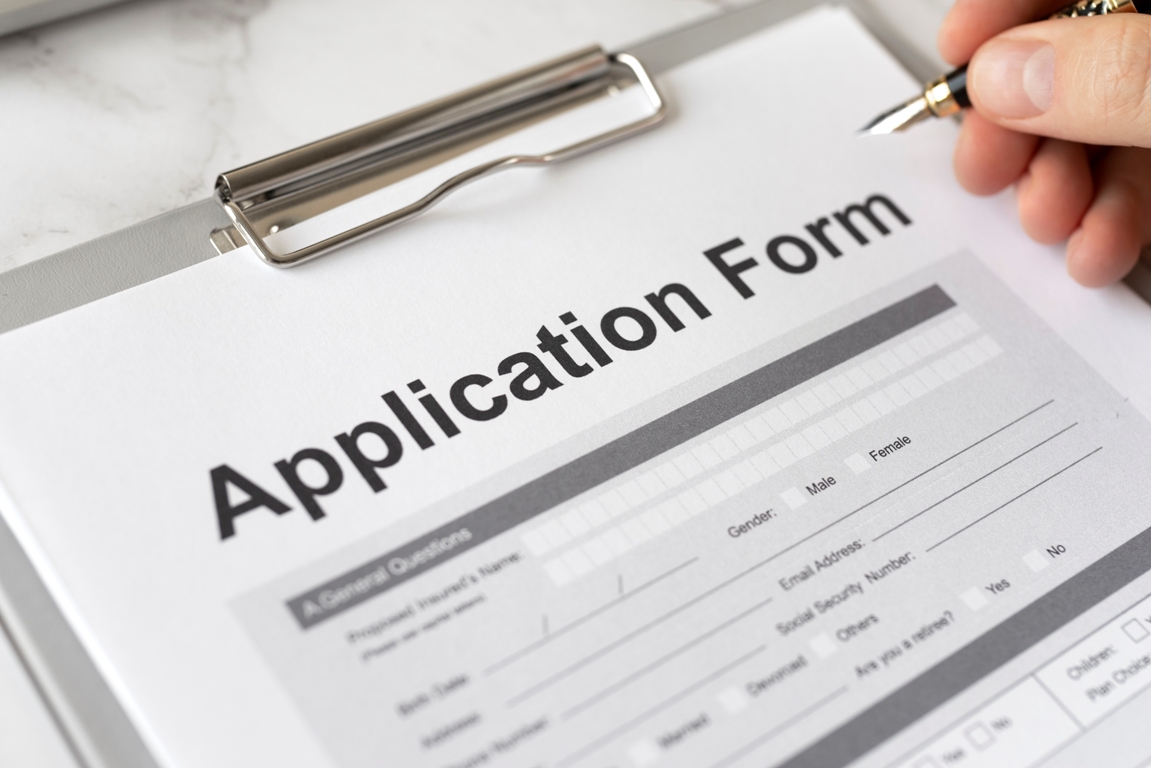Are you struggling with mental health issues and wondering how you can take time off work to focus on your well-being? Understanding how to get FMLA for mental health can be a crucial step towards prioritizing your mental health needs while maintaining job security. In this comprehensive guide, we’ll explore the ins and outs of FMLA for mental health, including eligibility criteria, application process, and tips for a successful application.
Table of Contents
- Introduction
- Understanding FMLA
- Recognizing the Need for FMLA for Mental Health
- How to Apply for FMLA for Mental Health
- Tips for a Successful FMLA Application
- Common FAQs About FMLA for Mental Health
- Additional Resources and Support
Key Takeaways
- Understanding FMLA eligibility criteria is essential for accessing leave for mental health reasons.
- Recognizing the signs of needing FMLA for mental health can help you take proactive steps towards self-care.
- Communicating effectively with your employer and seeking legal advice if necessary can increase your chances of a successful FMLA application.
- Utilize available resources and support networks to navigate the FMLA application process and prioritize your mental health.
Introduction
FMLA (Family and Medical Leave Act) is a federal law in the United States that provides eligible employees with up to 12 weeks of unpaid leave for specific family and medical reasons, including mental health conditions. For individuals struggling with mental health issues, FMLA can offer much-needed time off work to focus on treatment and recovery without the fear of losing their job.
Understanding FMLA
FMLA eligibility criteria play a crucial role in determining who can take advantage of this important benefit. To be eligible for FMLA, an employee must work for a covered employer and meet certain requirements regarding length of service and hours worked. Full-time and part-time employees of covered employers, including private-sector employers with 50 or more employees, are generally eligible for FMLA.
Types of Leave Covered Under FMLA
Under FMLA, eligible employees can take leave for various reasons, including:
| Reasons for FMLA Leave | Duration |
|---|---|
| Serious health condition of the employee | Up to 12 weeks |
| Care for a family member with a serious health condition | Up to 12 weeks |
| Birth or adoption of a child | Up to 12 weeks |
Benefits of FMLA for Mental Health
For individuals dealing with mental health conditions, FMLA provides several benefits, including:
- Time off work to attend therapy sessions or psychiatric appointments.
- Reduced stress and pressure associated with balancing work and mental health needs.
- Protection against job loss due to mental health-related absences.
Recognizing the Need for FMLA for Mental Health
Recognizing the signs that you may need FMLA for mental health reasons is the first step towards prioritizing your well-being. It’s important to listen to your body and mind and acknowledge when you need to take a step back from work to focus on self-care.
Signs that You May Need FMLA for Mental Health
- Persistent feelings of sadness, anxiety, or hopelessness that interfere with daily functioning.
- Difficulty concentrating or making decisions at work due to mental health symptoms.
- Increased irritability or mood swings affecting relationships with colleagues.
- Physical symptoms such as headaches or fatigue related to stress and anxiety.
Challenges of Balancing Work and Mental Health
Balancing work responsibilities with mental health needs can be challenging and may exacerbate symptoms if not properly managed. Many individuals feel pressure to prioritize work over their well-being, leading to increased stress and burnout.
How to Apply for FMLA for Mental Health
Applying for FMLA for mental health reasons requires careful planning and documentation to ensure a smooth application process. By following these steps, you can increase your chances of obtaining FMLA leave for mental health:
Steps to Take Before Applying for FMLA
- Educate yourself about FMLA eligibility criteria and your rights as an employee.
- Consult with your healthcare provider to discuss your mental health condition and the need for FMLA leave.
- Notify your employer of your intention to apply for FMLA leave and request any necessary forms or documentation.
Gathering Necessary Documentation and Medical Evidence
Gathering relevant documentation and medical evidence is essential for supporting your FMLA application. This may include:
- Doctor’s notes confirming your mental health diagnosis and treatment plan.
- Therapist or psychiatrist recommendations for FMLA leave.
- Medical records documenting your mental health history and treatment progress.
Completing the FMLA Application Process
Completing the FMLA application process involves submitting the necessary forms and documentation to your employer and following their specific procedures. Be sure to:
- Fill out the FMLA application forms accurately and completely.
- Submit any required medical certification or documentation along with your application.
- Follow up with your employer to ensure that your application is processed in a timely manner.
Tips for a Successful FMLA Application
Navigating the FMLA application process can be complex, but there are steps you can take to increase your chances of success:
Communicating with Your Employer About Your Mental Health Needs
Open and honest communication with your employer about your mental health needs is essential for a successful FMLA application. Be sure to:
- Discuss your situation with your supervisor or HR department in a private setting.
- Provide clear and specific information about your mental health condition and treatment needs.
- Request any accommodations or adjustments necessary to support your mental health in the workplace.
Understanding Your Rights and Protections Under FMLA
Knowing your rights and protections under FMLA is crucial for advocating for yourself during the application process. Be aware of:
- Your entitlement to up to 12 weeks of unpaid leave for qualifying reasons.
- Protections against retaliation or discrimination for exercising your FMLA rights.
- Your options for using FMLA intermittently or on a reduced schedule for mental health needs.
Seeking Legal Advice If Needed
If you encounter any challenges or concerns during the FMLA application process, don’t hesitate to seek legal advice from an experienced employment attorney. A legal professional can:
- Review your situation and provide guidance on your rights and options under FMLA.
- Assist you in resolving disputes with your employer regarding FMLA leave.
- Advocate on your behalf to ensure that your FMLA rights are protected.
Common FAQs About FMLA for Mental Health
Additional Resources and Support
Navigating the FMLA application process for mental health reasons can be challenging, but you don’t have to do it alone. There are numerous resources and support networks available to help you along the way, including:
- Official FMLA resources: Visit the Department of Labor website for comprehensive information on FMLA eligibility, rights, and responsibilities.
- Mental health organizations: Reach out to organizations such as the National Alliance on Mental Illness (NAMI) or Mental Health America for support and advocacy services.
- Employee assistance programs: Many employers offer employee assistance programs (EAPs) that provide confidential counseling and support for mental health issues.

Don’t hesitate to reach out for help if you’re struggling with mental health issues and need support. Remember, your well-being is worth prioritizing, and FMLA can provide the necessary time off work to focus on your mental health.
Common FAQs About FMLA for Mental Health
What mental health conditions are covered under FMLA?
FMLA covers a wide range of mental health conditions, including but not limited to:
- Depression
- Anxiety disorders
- Bipolar disorder
- Post-traumatic stress disorder (PTSD)
- Obsessive-compulsive disorder (OCD)
- Schizophrenia
How long can you take leave for mental health reasons under FMLA?
Under FMLA, eligible employees can take up to 12 weeks of unpaid leave within a 12-month period for qualifying mental health reasons. This time off can be taken all at once or intermittently, depending on the individual’s needs and the recommendation of their healthcare provider.
Can an employer deny FMLA for mental health reasons?
Employers are required to grant FMLA leave to eligible employees who meet the criteria outlined in the law. However, employers may deny FMLA leave if the employee does not meet the eligibility requirements or fails to provide sufficient documentation supporting their need for leave. If you believe your employer has unlawfully denied your FMLA request, you may have legal recourse.
How does FMLA interact with other workplace policies?
FMLA provides job-protected leave for eligible employees and is designed to complement other workplace policies, such as sick leave and disability accommodation. Employers are required to inform employees of their rights and responsibilities under FMLA and ensure that FMLA leave is coordinated appropriately with other types of leave available to the employee.
Additional Resources and Support
In addition to the official FMLA resources and mental health organizations mentioned earlier, there are many other avenues for support and assistance:
- Online support groups: Joining online communities or support groups for individuals with similar mental health challenges can provide valuable peer support and resources.
- Therapy and counseling: Consider seeking professional therapy or counseling services to address your mental health needs and develop coping strategies for managing symptoms.
- Self-care practices: Incorporate self-care practices into your daily routine, such as exercise, meditation, and mindfulness, to promote overall well-being and resilience.

Remember, you are not alone in your journey to prioritize your mental health. By understanding your rights under FMLA and accessing available resources and support, you can take the necessary steps towards recovery and well-being.







